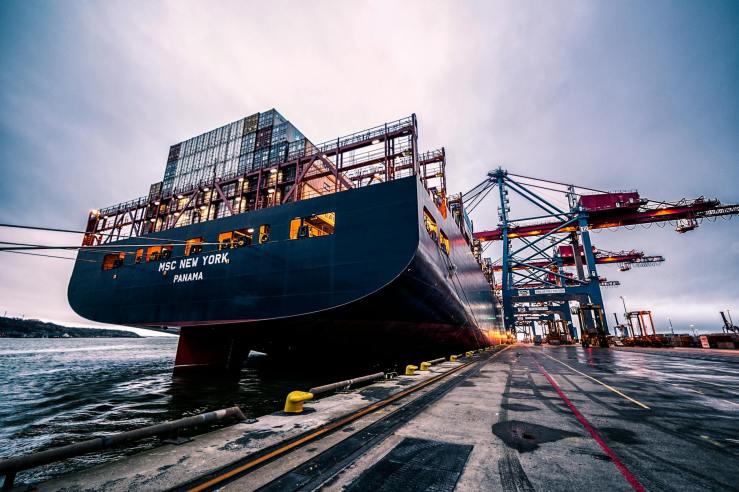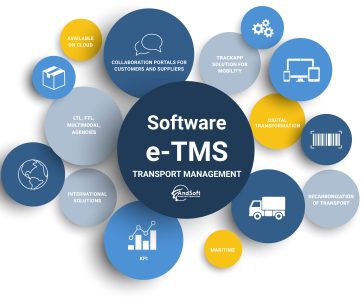Barcelona, December 14, 2023.- Supply Chain 247 magazine has published a Deloitte approach to trends in 2024:
As global trade tensions intensify, resilient supply chains are becoming more crucial. Lingering disruptions from the pandemic, climate change, and the war in Ukraine all continue to have significant impacts on the supply chain. In addition, macro impacts from the auto industry, a massive buyer of microchips, and a growing demand for lithium-ion battery technologies vying for the same rare earth elements will create further challenges.
In its 2024 Technology, Media & Telecommunications Predictions, Deloitte identified several transformative trends and solutions for the supply chain amid these growing challenges. Here are a few key predictions for global supply chains in 2024.
The supply chain sector is predicted to face significant raw material shortages, with gallium and possibly germanium running short in multiple regions as soon as 2024. These shortages will have the biggest impact on chipmakers and the production of lithium-ion batteries for electric vehicles (EVs).
Beyond creating resilient digital supply networks, Gillian Crossan, lead client service partner and global technology sector leader at Deloitte, said these industries will need to work to mitigate supply chain vulnerabilities by focusing on e-waste recycling and considering stockpiling strategies.
“If you look at e-waste recycling from an economic perspective, it doesn’t always make complete economic sense,” said Crossan. “But if you look at it in the full perspective of scarce availability of minerals, then it starts to make more sense.”
Crossan added that finding alternative sources of raw materials beyond China will also be a big topic of conversation in 2024.
“When you look at supply chain, there’s no one solution,” she said. “It has to be a combination of looking at alternative supply sources… to get some of those minerals that are in short supply back into the supply chain2.
As we’ve learned, the global pressures organizations are facing today are forcing many to look at how they can create a more nimble, scalable, and connected supply chain. For many, that means investing in technology, such as sensors and artificial intelligence (AI) to create a better foundation of analytics and visibility.
“This is a really exciting time, and we’re at the cusp of a massive technology shift with AI, which I think will have a positive impact with supply chains because we can make them more efficient and minimize the shortages,” said Crossan.
She added that successfully implementing these technologies, however, will be dependent on what lessons you’ve taken away from the last few years.
“It’s a good opportunity going into calendar year 2024, to take a step back and look at how you can make your supply chain more resilient,” said Crossan. “And actually go through the exercise of determining what you would do if certain supply chain routes and products are cut off, and how you can get prepared for that.”
And while AI will play a critical role in the creation of secure and reliable supply chains for innovation, economic success, and national security, concerns of a generative AI chip shortage could hinder progress.
“Every single client that I talk to is experimenting with AI,” said Crossan. “And the need for AI chips in the last year has grown exponentially.”
Crossan continued: “We’re predicting a little bit of an ease by the end of 2024 as more companies, more producers are entering the market, but in order to fuel all of this experimentation, we’re going to need the chips to support it.”











[…] críticas, según un informe del Instituto Alemán de Investigación Económica (DIW). Además, Deloitte calcula que en 2024 podría haber una «importante escasez» de galio y germanio, minerales clave […]
LikeLike